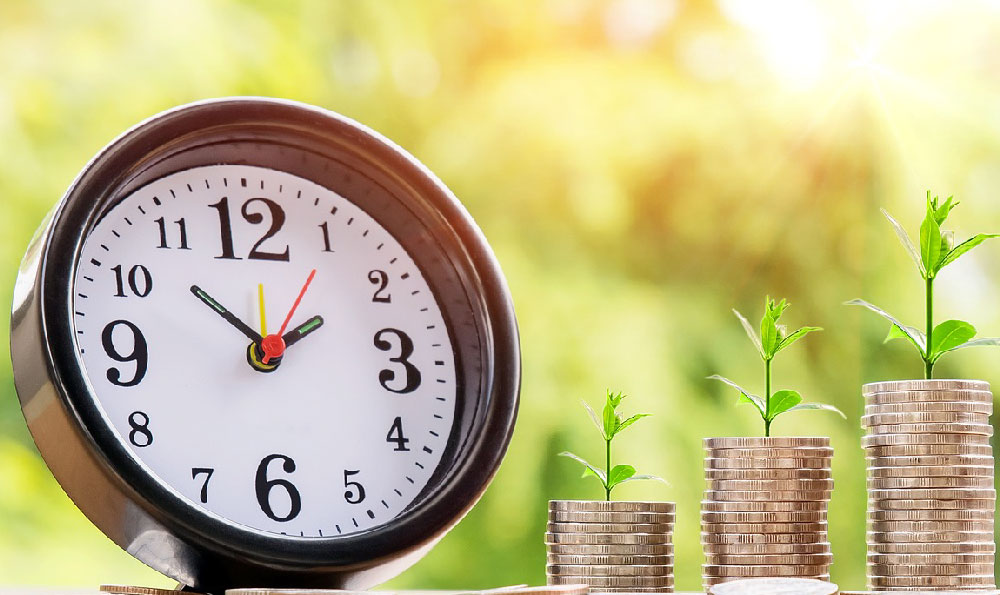Currency trading, also known as forex trading, has captivated individuals seeking profit opportunities in the global financial markets. The allure of potentially high returns, coupled with the ease of access through online platforms, has drawn many into this complex and dynamic arena. However, before diving into currency trading, it's crucial to understand the intricacies involved, weigh the potential benefits against the inherent risks, and determine if it aligns with your financial goals and risk tolerance.
Embarking on a journey into forex trading necessitates a foundational understanding of the currency market itself. The forex market is the largest and most liquid financial market globally, operating 24 hours a day, five days a week. Currencies are traded in pairs, representing the relative value of one currency against another. For example, the EUR/USD pair represents the exchange rate between the Euro and the US Dollar. When you buy EUR/USD, you are essentially buying Euros and selling US Dollars simultaneously, betting that the Euro will appreciate in value relative to the Dollar. Conversely, selling EUR/USD implies selling Euros and buying US Dollars, expecting the Dollar to strengthen against the Euro.
Successfully navigating the forex market requires a deep understanding of fundamental and technical analysis. Fundamental analysis involves examining macroeconomic factors, such as interest rates, inflation, economic growth, and political events, to assess the potential impact on currency values. For instance, a country with rising interest rates may attract foreign investment, increasing demand for its currency and potentially leading to its appreciation. Technical analysis, on the other hand, focuses on analyzing historical price charts and patterns to identify potential trading opportunities. Technical traders use various indicators and tools, such as moving averages, trend lines, and Fibonacci retracements, to predict future price movements.

Once you grasp the fundamentals, the next step involves choosing a reputable forex broker. Selecting a broker is a critical decision, as they provide the platform and tools for executing trades. Look for a broker that is regulated by a reputable financial authority, such as the Financial Conduct Authority (FCA) in the UK or the Securities and Exchange Commission (SEC) in the US. Regulation ensures that the broker adheres to certain standards of conduct and protects client funds. Additionally, consider factors such as the broker's trading platform, spreads (the difference between the buying and selling price), leverage offered, and customer support.
Leverage is a powerful tool in forex trading, allowing you to control a larger position with a smaller amount of capital. While leverage can amplify potential profits, it also magnifies potential losses. Forex brokers typically offer high leverage ratios, such as 50:1 or even 100:1. This means that with $1,000 in your account, you can control a position worth $50,000 or $100,000. However, a small adverse price movement can quickly erode your capital if you are using high leverage. Therefore, prudent risk management is paramount when trading forex with leverage.
Developing a robust risk management strategy is arguably the most important aspect of successful forex trading. Risk management involves setting stop-loss orders to limit potential losses on each trade and using appropriate position sizing to avoid risking too much capital on any single trade. A common rule of thumb is to risk no more than 1-2% of your trading capital on each trade. Also, it's crucial to understand the concept of margin calls. If your trading account balance falls below a certain level, your broker may issue a margin call, requiring you to deposit additional funds to cover potential losses. Failure to meet a margin call can result in your positions being automatically liquidated, potentially leading to significant losses.
Now, addressing the question of whether forex trading is "worth it" requires a nuanced perspective. The potential for profit is undeniably present, but it's essential to recognize that forex trading is not a "get-rich-quick" scheme. It requires significant time, effort, and dedication to master. Many aspiring forex traders underestimate the complexities involved and the level of discipline required.
The inherent volatility of the forex market introduces a substantial level of risk. Currency values can fluctuate rapidly in response to economic news, political events, and market sentiment. This volatility can create opportunities for profit, but it also increases the potential for losses. Furthermore, the use of leverage amplifies both gains and losses, making risk management even more critical.
Moreover, the psychological aspect of trading is often overlooked. Emotional biases, such as fear and greed, can cloud judgment and lead to impulsive decisions. Successful forex traders develop the ability to remain calm and rational under pressure, sticking to their trading plan and avoiding emotional trading.
In conclusion, currency trading can be a potentially rewarding endeavor for those who are willing to dedicate the time and effort to learn the intricacies of the market, develop a sound trading strategy, and implement robust risk management techniques. It’s crucial to approach forex trading with a realistic understanding of the risks involved and to avoid the temptation of quick profits. Starting with a demo account to practice your skills and strategies is highly recommended before risking real capital. If you are risk-averse, have limited time to dedicate to learning the market, or are seeking guaranteed returns, forex trading may not be the right fit for you. A more conservative investment approach may be more suitable for your financial goals and risk tolerance. Remember, education, discipline, and patience are the cornerstones of success in the dynamic world of currency trading.